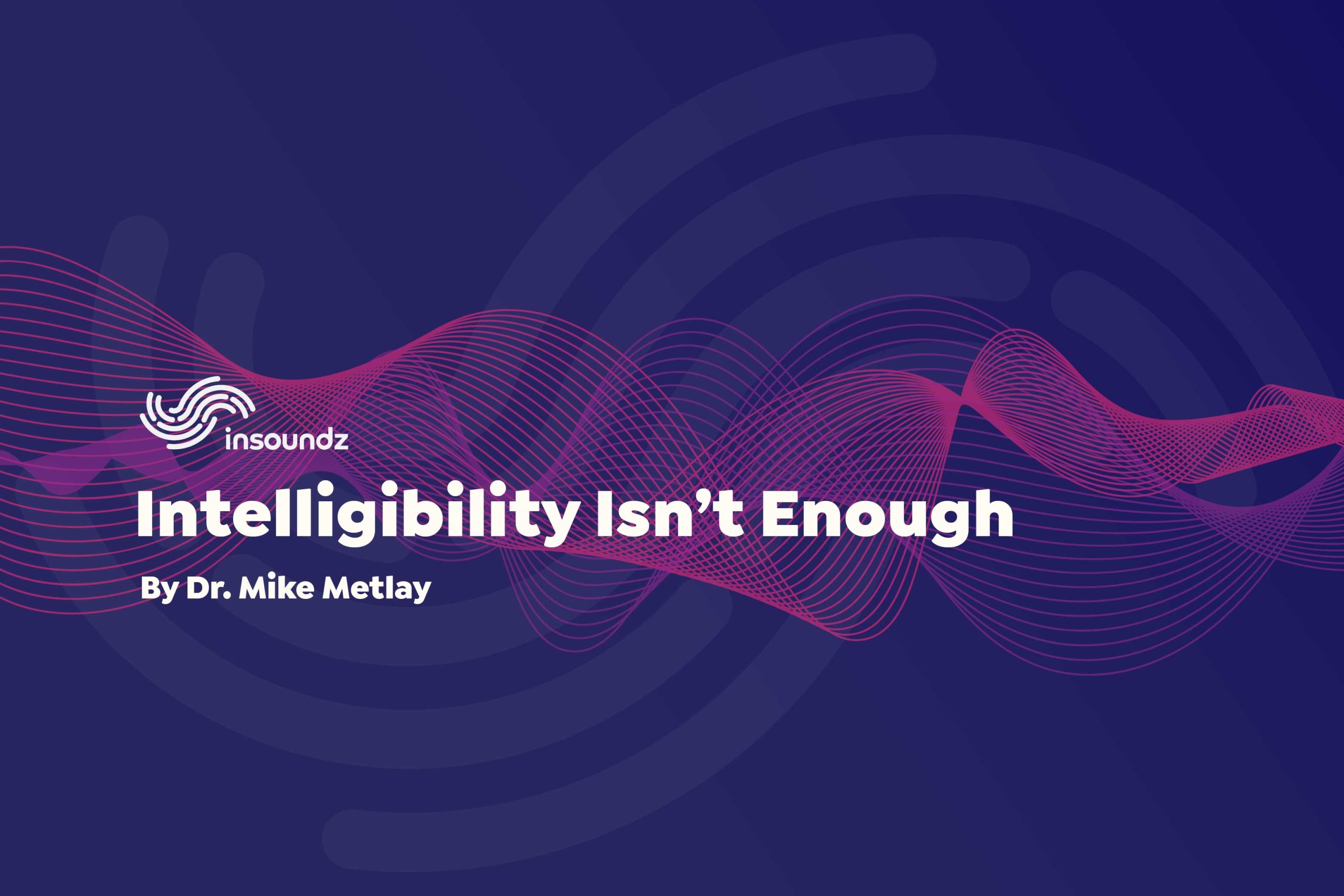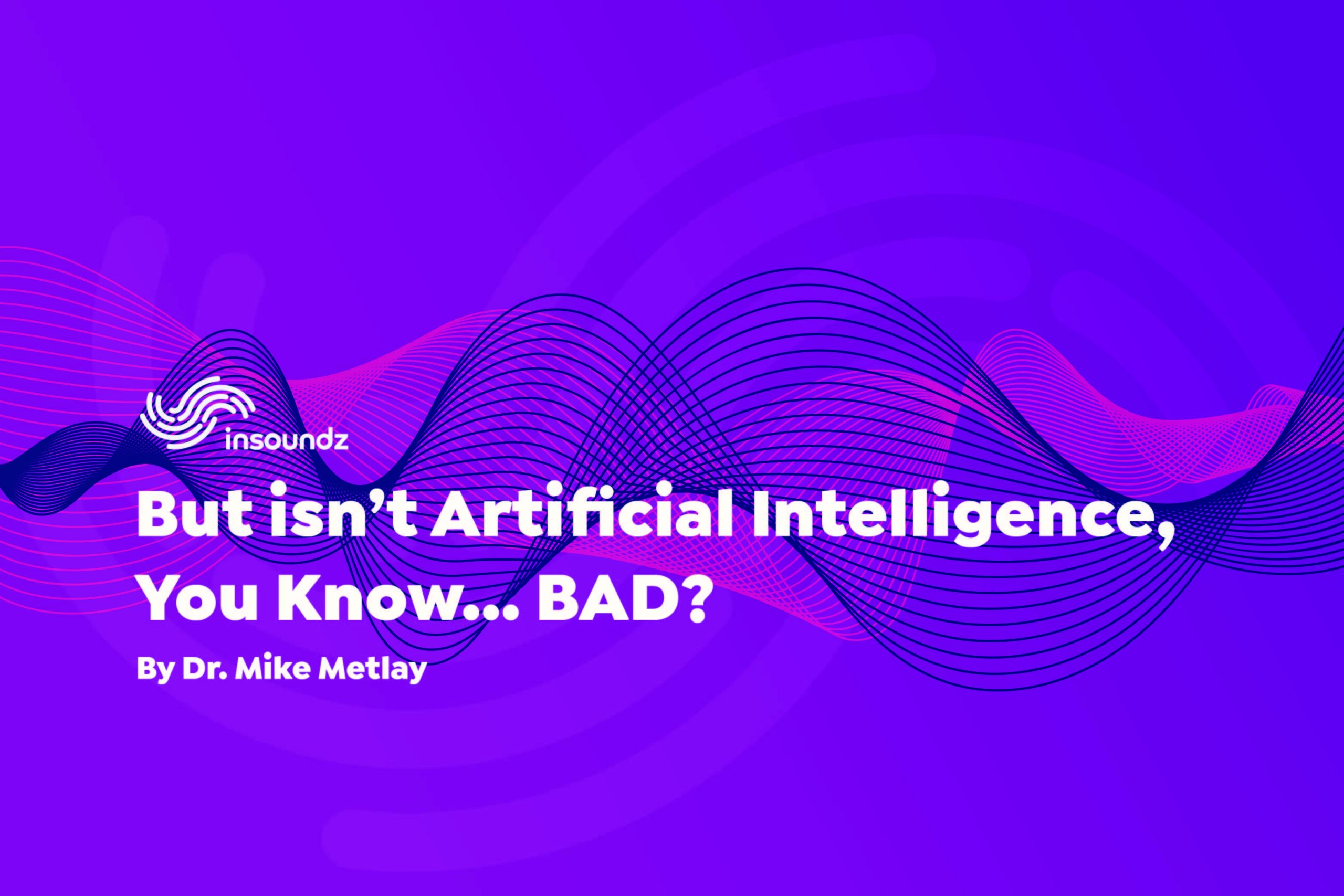Finally, it’s worth remembering that not all “people operations” require purpose-built AI engines; there are benefits to be had from a variety of existing AI tech.
…
With technological advancements, particularly in the AI space, an increasing number of tasks can be either fully or partially automated. In this series, we are talking to People experts about how they’re utilizing new technologies to make their jobs easier and provide greater strategic value. As a part of this series, we had the pleasure of interviewing Emil Winebrand.
Emil Winebrand is a tech innovator and problem solver with over 20 years of experience leading award-winning engineering teams in everything from electro-optics to algorithm development. After receiving a Master’s degree in Engineering from Tel Aviv University, he served in the elite Intelligence Technology Unit of the Israeli Defense Forces for 10 years. He currently holds the position of Founding Partner and CEO of Israeli AI startup InSoundz LTD, where his visionary leadership continues to shape the future of audio and responsible AI.
…
Ihave been interested in the applications of AI techniques like machine learning since the very beginning of my career… and even before. I took an interest in AI while still a student at Tel Aviv University, and my inquiries led me to a recognition of its potential, but also the technological limitations inherent to computer systems at the time. The tools at our command have come a long way since then!
I remember bringing up the topic with one of my professors, who heard me out and then kindly told me that machine learning on the scale I envisioned was impossible — at the time, it was! — and that I should be focusing my attention elsewhere. Looking back, I am glad I didn’t take his advice.
It has been said that our mistakes can be our greatest teachers. Can you share a story about the funniest mistake you made when you were first starting? Can you tell us what lesson you learned from that?
I don’t know about a mistake per se, but I have a funny story about how I got started on the path toward the AI-based audio technology being developed by InSoundz.
Years ago, I visited friends in the United States, in Colorado. While I was there, I went to see a Denver Nuggets basketball game. As I sat there in the venue, surrounded by cheering fans, the rumble of feet on the bleachers, noise sources of all kinds (from air conditioning to air horns), and all of it magnified by the venue’s cavernous acoustics, I found myself thinking: “I just want to hear what’s actually going on down on the basketball court!”
At that moment, I realized that everywhere we go, audio just sucks — and maybe there was a way to fix that.
None of us are able to achieve success without some help along the way. Is there a particular person who you are grateful for who helped get you to where you are? Can you share a story?
In my first year as a junior officer in the Israel Defense Forces, my first commanding officer taught me more than just a talent but to stand out by putting my values up front, working with sheer dedication, and being relentless in achieving goals. I was pushed so much further than I ever believed I could go by myself, and I am forever grateful for my first commanding officer.
Can you please give us your favorite ‘Life Lesson Quote’? Can you share how that was relevant to you in your life?
The life lesson quote I live by is “Even after the darkest nights the sun will rise again.” Everyone’s life consists of some form of hardship and I try not to let my hardships and those difficult times stop me. Knowing that better times are sure to follow, keeps me going.
Thinking back on your own career, what would you tell your younger self?
“Doing a startup in the audio/media sector is incredibly difficult — switch to cybersecurity instead!” However, knowing my younger self, I never would have taken that advice, and I’d end up right where I am now!
Let’s now move to the central part of our interview. How have recent technological advancements such as AI made your job easier?
The whole point of InSoundz is to create tools that turn bad audio into good audio. It’s possible for much, if not all, of the sort of interference that plagued my basketball game to be removed from the sounds we want to hear. Thanks to our AI tools, we’ve been able to make the jump from simply struggling to obtain the best audio performance to actually selling a product that works and works well, for users who aren’t computer scientists or acousticians.
In which processes do you utilize automation the most?
I try to make tasks as automated as possible with my coding skills. It comes in handy in almost every situation, even in areas like automated marketing material generation. I could also argue that the InSoundz Revive™ product is a type of automation process meant for audio engineering.
What should people bear in mind when automating processes?
Automation is not something magical that “just happens.” Paradoxically, it takes an insane amount of effort to make an automation process smooth and effortless, especially when it’s being implemented on such a large scale.
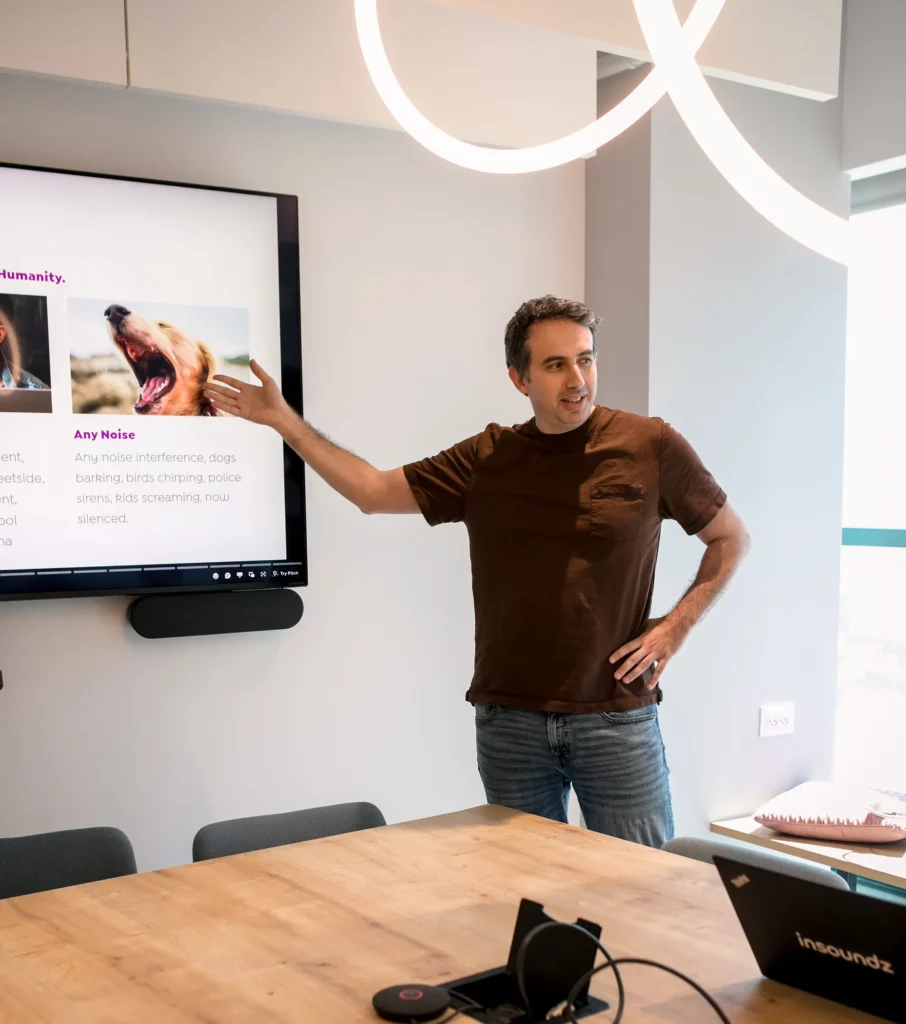
insoundz, Emil Winebrand
What are your ‘Top Five Tips For Harnessing AI Technology to Propel People Operations’?
The top five tips for harnessing AI technology to propel people operations would have to be:
- AI can be implemented in several ways to help streamline the recruitment process. Implement AI-driven applicant tracking systems (ATS) and chatbots to automate repetitive tasks in the recruitment process, such as resumé screening and initial candidate engagement. Use AI algorithms to identify the best-fit candidates based on qualifications, skills, and cultural fit, thus reducing time-to-hire and improving the quality of hires.
- AI can automate many administrative tasks. Properly trained AI software and tools can automate HR tasks such as payroll processing, benefits management, and compliance reporting. AI-powered chatbots can be the first line of communication when handling HR inquiries, processing requests, and providing information. Automating these simple tasks frees up HR professionals to focus on more strategic initiatives.
- AI can create personalized learning and development plans for employees. AI can assess individual skills, performance, and career goals to recommend relevant training, mentorship, and growth opportunities. Properly designed AI-powered performance management systems can provide continuous feedback and coaching, helping employees improve and grow in their roles.
- AI can track staff compliance with industry and government regulations. With a sufficiently large data set of regulations and guidelines, AI can perform routine compliance verification. Staff activity can be analyzed for compliance in great detail without having to involve HR staff for routine assessments. An AI-powered compliance engine can also keep track of constant changes in regulations, quickly implementing new rules and standards for compliance.
- Finally, it’s worth remembering that not all “people operations” require purpose-built AI engines; there are benefits to be had from a variety of existing AI tech. For example, here’s something simple that nearly anyone can put to use right away. You can find out whether something you write is clear and understandable by asking an AI (e.g. ChatGPT) to elaborate on what you wrote. This is a litmus test for your text clarity!
What are your favorite ‘I couldn’t live without these’ tools?
People might be surprised by this answer, but the tools I rely on most are Vim — the good old open-source text editor that programmers have been using since 1991 and still prefer over many others — and Google Docs.
I enjoy working with basic tools over intricate platforms because every great technological development begins with an idea, and every idea needs to be developed and fine-tuned before it becomes a reality. For me, the tools to do this all begin with the modern equivalent of a pencil and a blank sheet of paper, and that’s what Vim and Google Docs are to me.
How do you see technology impacting the HR space in the future?
As I mentioned above, one area where I foresee a big future for AI is in the recruitment process. Properly trained AI can filter applicants’ CVs, help perform initial screening by building the right questions for your company’s needs, and eventually even help to assess whether a person will fit in a company culture.
Personally I’ve found throughout the years that it is quite easy to understand a person’s skill level, but very difficult to foresee if they can fit into a culture. The pandemic taught us that there is no real substitute for human interaction, whether in terms of delivering the product or gaining real satisfaction from work. However, putting together a team to get from here to there can potentially be moved along efficiently and effectively with help from AI… as long as it’s the right sort of help.
We are very blessed to have some of the biggest names in Business, VC funding, Sports, and Entertainment read this column. Is there a person in the world whom you would love to have a private lunch with, and why? He or she might just see this.
Elon Musk. We could talk about astrophysics, a favorite subject of mine, and discuss the future of humanity, another favorite subject of mine.
How can our readers further follow your work?
You can learn more about InSoundz LTD and its tools for improving the quality of speech and other audio sources, including our new Revive™ service suite, by visiting us at insoundz.com.
This was very inspiring and informative. Thank you so much for the time you spent with this interview!

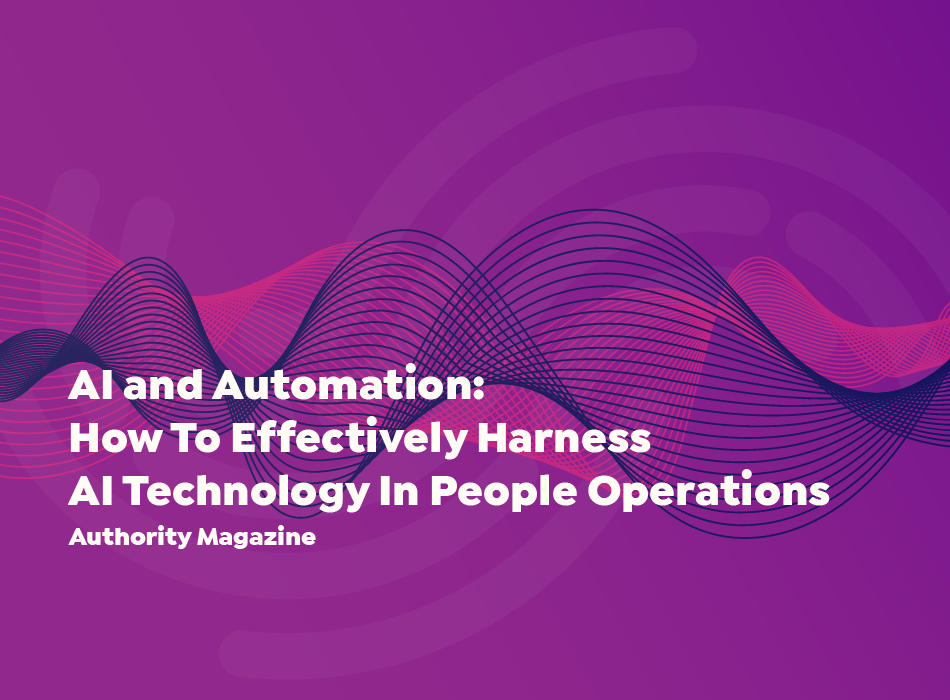
 Authority Magazine
Authority Magazine  Oct 6, 2023
Oct 6, 2023 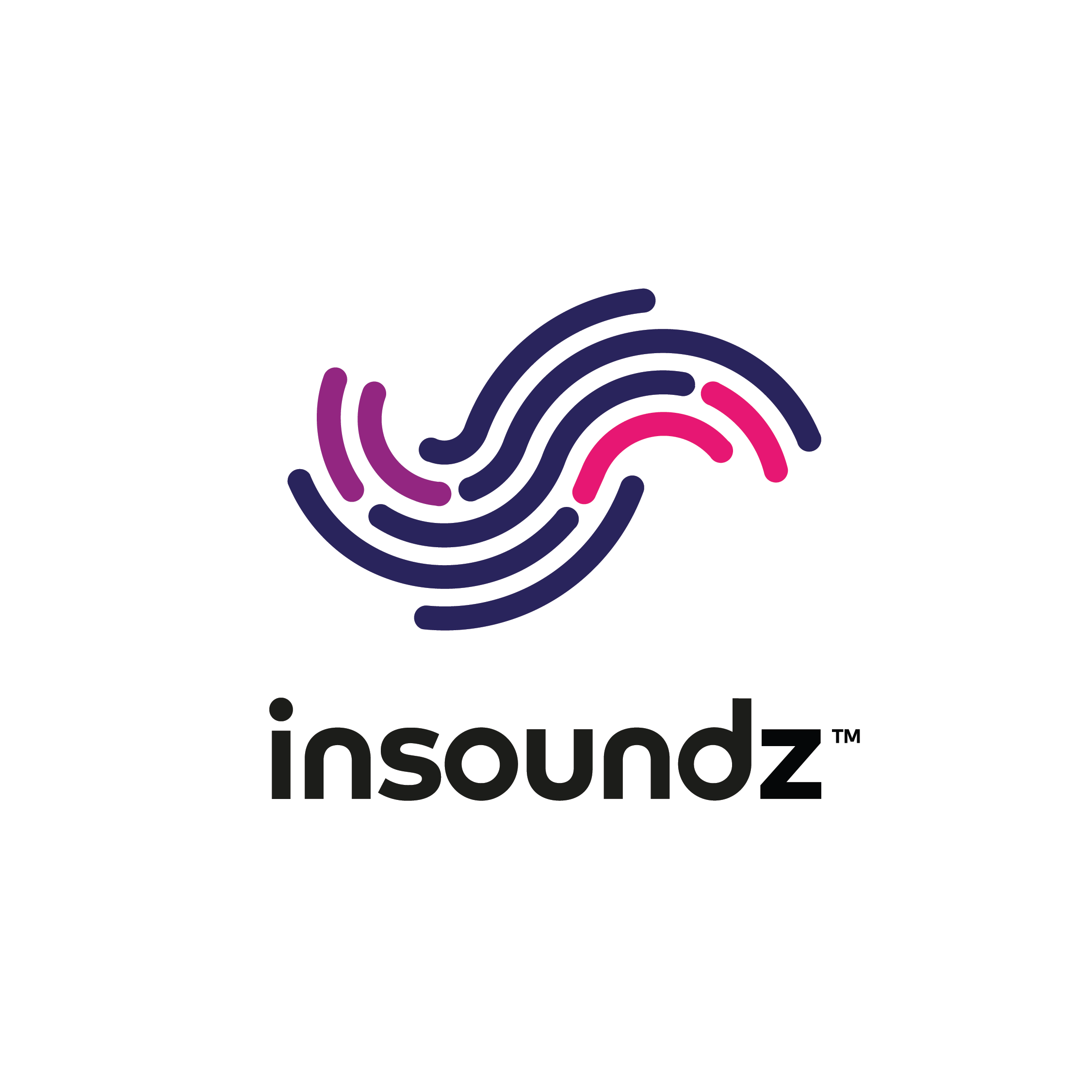
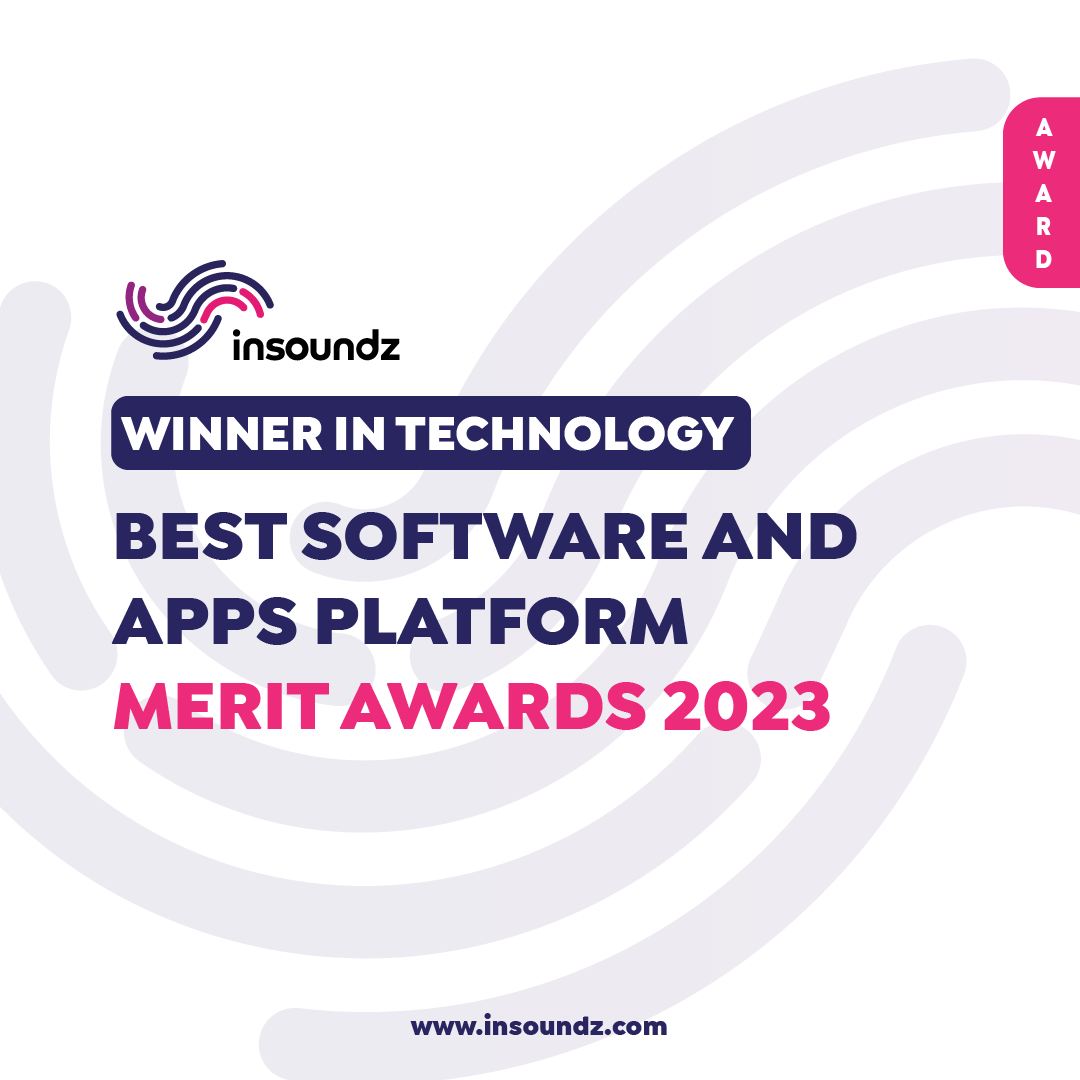
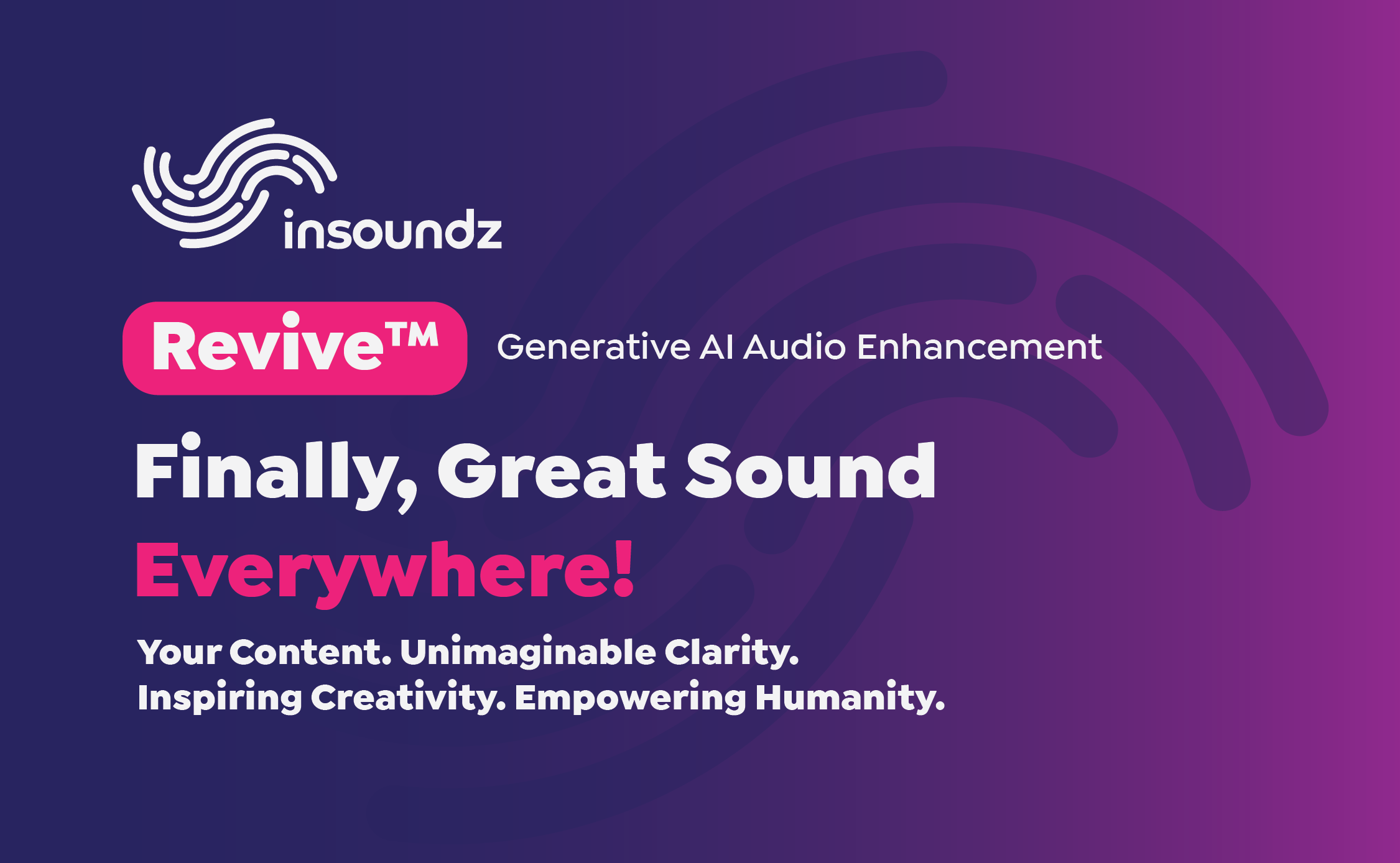
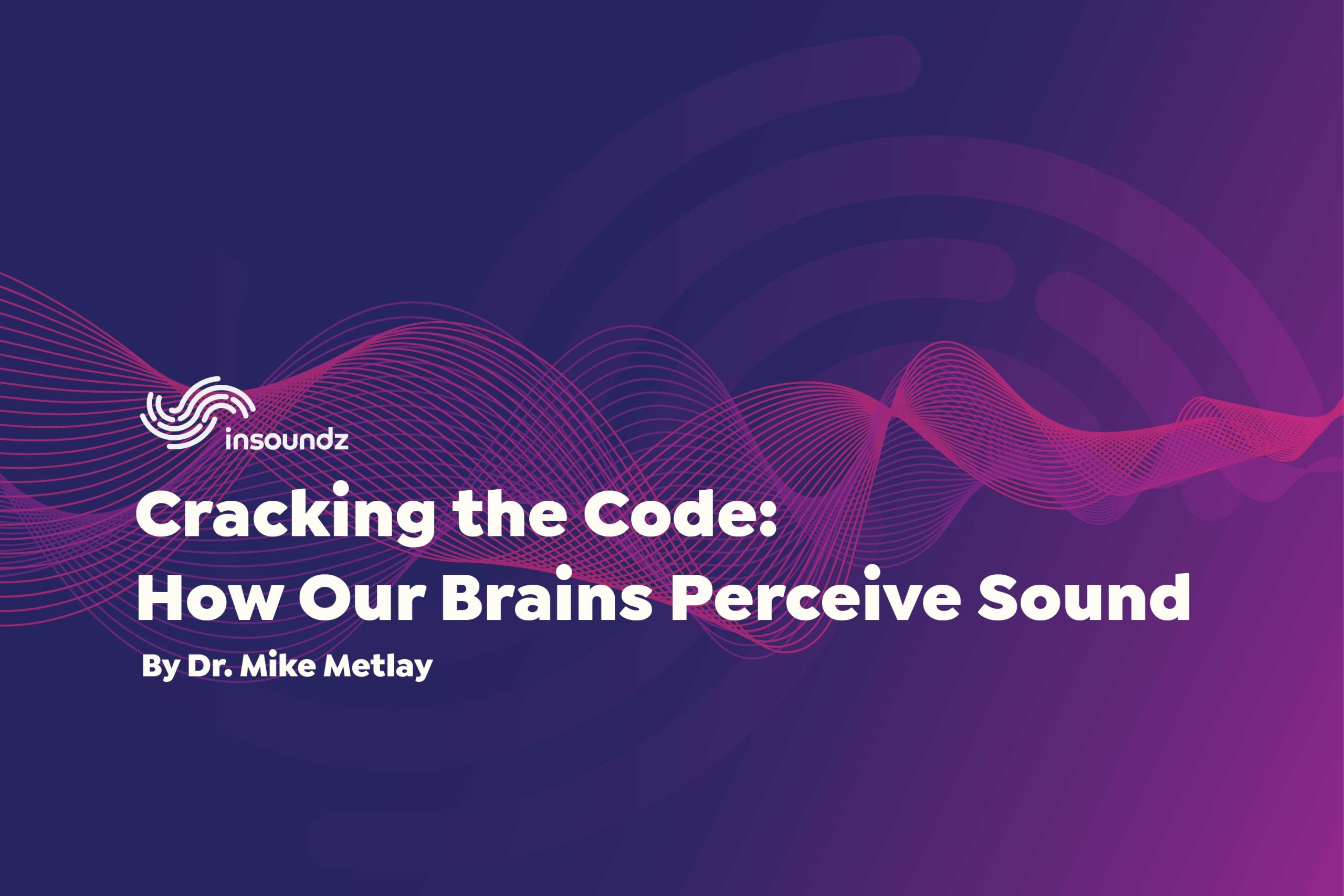
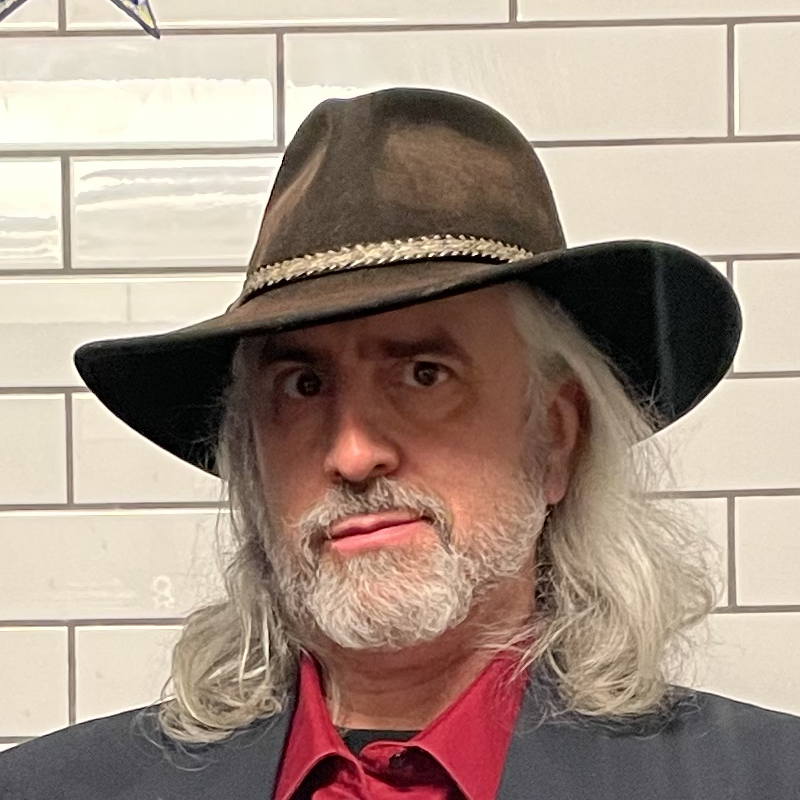 Dr. Mike Metlay
Dr. Mike Metlay 